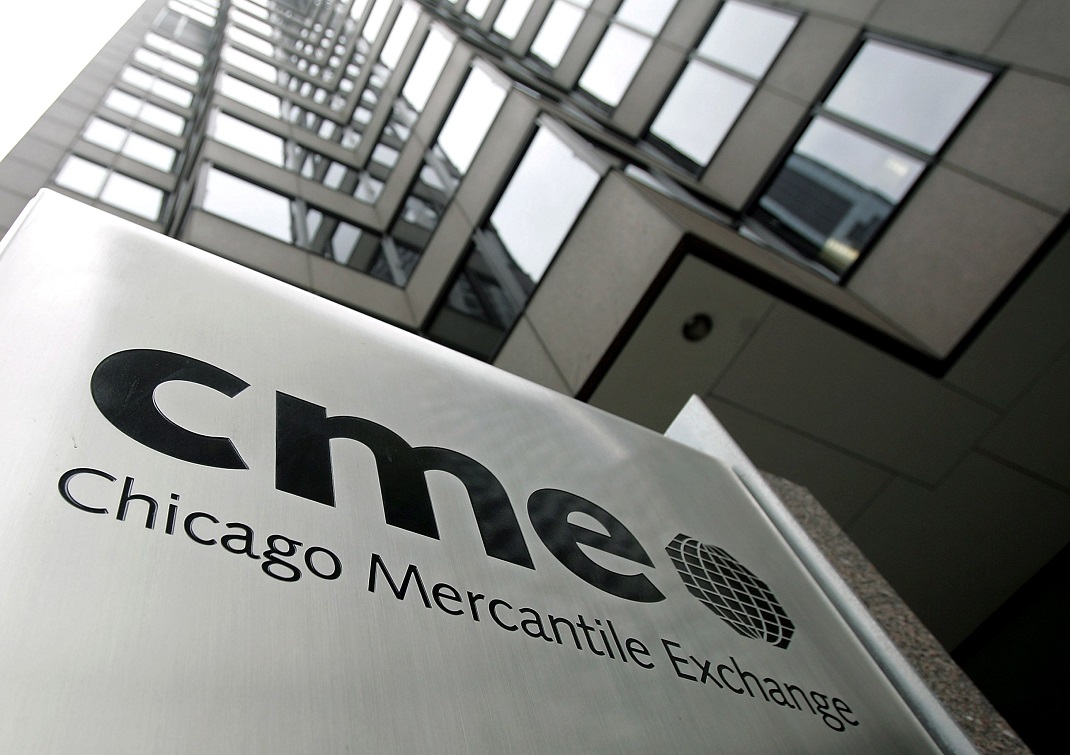Recent comments from ex-SEC member John Reed Stark suggest a significant change in the country's cryptocurrency regulation landscape could be looming, hinging on the outcome of the 2024 U.S. Presidential election. Stark, who once headed the SEC's Internet Enforcement division, hinted at the possibility of a drastic change in direction under a Republican President.
Notably, Stark highlighted the potential ascension of Commissioner Hester Peirce, commonly referred to as "Crypto Mom", to the SEC chairmanship, replacing Gary Gensler. Peirce's reputation as a crypto advocate and her documented disagreements with many of the SEC's crypto decisions make her a significant figure in this discussion.
The list of Republican Presidential candidates for 2024 features several prominent names. Donald Trump, former President, stands as the foremost choice among Republican supporters. Florida Governor Ron de Santis and South Carolina Senator Tim Scott also join the list, with de Santis publicly backing Bitcoin and expressing intentions to oppose central bank digital currencies if he secures the presidency.
Democrats, however, appear to take a contrasting stance. Senator Elizabeth Warren, a vocal critic of cryptocurrencies, has actively sought to impose stringent crypto regulations, even mobilizing an "anti-crypto brigade" during her Senate re-election bid.
The crypto debate, as Stark recollects, was quite different a few years ago. In 2017, prominent figures like Donald Trump, Secretary Hilary Clinton, and Congresswoman Maxine Waters had a unified stance, labeling cryptocurrency as an alarming threat.
Regardless of these political changes, Stark remains skeptical about the near-term prospects for cryptocurrency under the SEC. He anticipates the commission to dismiss the latest batch of Bitcoin ETF applications. His rationale stems from an Aug. 8 comment letter from Better Markets to the SEC, which claims that the Bitcoin market has a history of manipulated trading volumes. The report also alleges that the Bitcoin market is excessively dominated by a limited group, making it susceptible to potential misconduct.
These concerns, coupled with industry titans like BlackRock and Fidelity pushing for a Bitcoin ETF product, make Stark believe that the SEC will turn down these recent applications.


























Comment 0